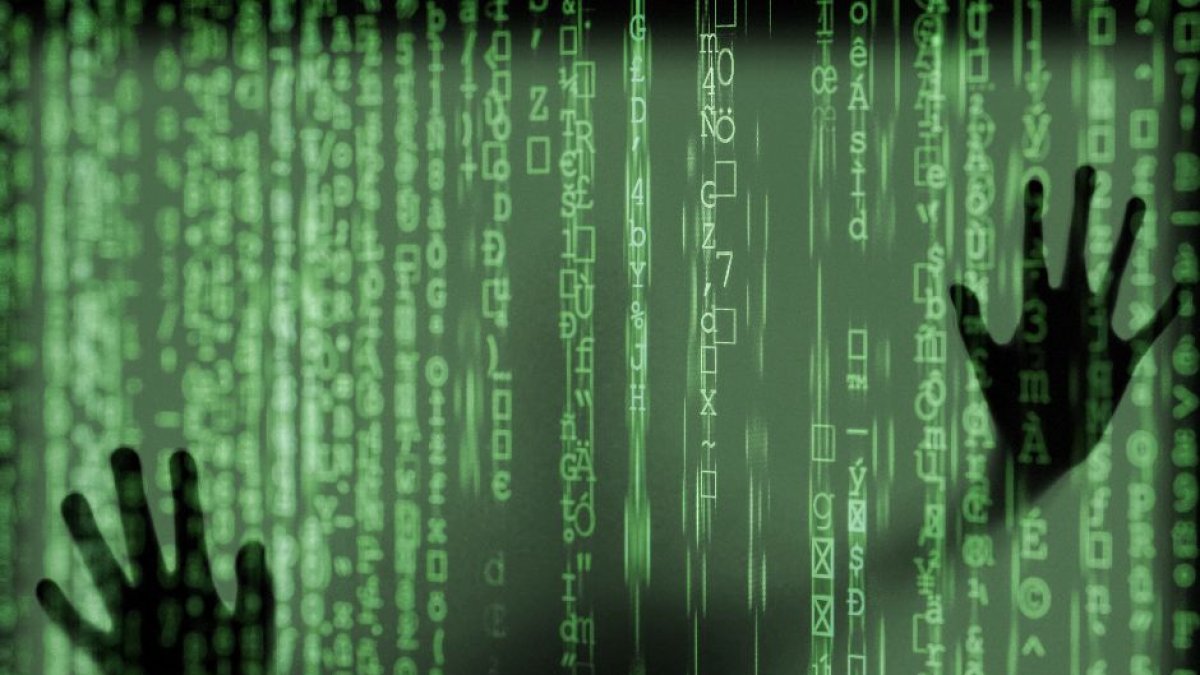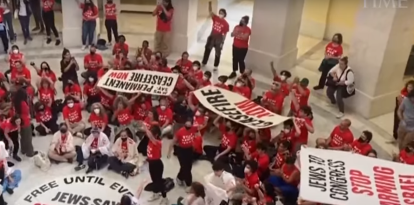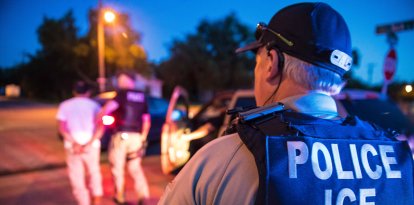Big Brother: allowing an app to access your location can give the government your data
Civil liberty organizations condemn the increased purchase of private data by government agencies

Pixabay
Do you allow apps to access your location when you download them? Do you click 'allow everything' when you are asked for permission in order for the app to perform its function? You have just taken a step closer to entering Big Brother territory. With such ordinary gestures, you would be consenting for this data to end up in the hands of the government. This has been condemned by several organizations in defense of civil liberties in the digital world. In addition, they warn that the purchase of equipment for tracking devices and private data by security forces is becoming more and more frequent.
Red flags went up regarding the response of J. Russell George, inspector general of the Treasury Department, to a question from Wyden and Democratic Senator Elizabeth Warren about the IRS's purchase of location data from the private data analytics firm Venntel. The government entity would obtain private data from individuals, without a court order, through this operation.
In the response, the respondent indicated that the officials assured that they did not need a court order, since "the available information had been voluntarily provided through individual permissions" in the apps and devices they use.
The business of buying and selling data
The process is as follows. Many smartphone apps request to be able to access the user's location when it is used to enable some functions. Once they obtain the user's express authorization, the apps can share it with third parties. Data analytic companies negotiate with app developers, or even other companies, to get the information, analyze it and sell it to other private or public entities.
Beyond the clarification provided by the example, this is not a special case. There is a growing trend for law enforcement and investigative departments to purchase information on the use of citizens' phone and digital devices from data analytic companies. The debate on security and individual freedom is once again being served up.
The eternal security vs. freedom debate
One of the latest cases has been made public by the Electronic Frontier Foundation, a non-profit organization dedicated to "defending civil liberties in the digital world." The entity has obtained, under the Freedom of Information Act, documentation on local, state and even federal, police departments that purchased a cell phone tracking tool that can monitor citizens' activity.
It is Fog Reveal, from the company Fog Data Science, which boasts to have "billions" of data from more than 250 million people. The entity has or has had among its clients at least 18 local, state and federal law enforcement agencies.
"A violation of the Fourth Amendment"
While speaking to Just The News managing partner Mathew Broderick insisted that the work they do is positive for the partnership: "We fill a gap for underfunded and understaffed departments. Local law enforcement is on the front lines in human trafficking and missing persons cases, yet these departments are often behind in technology adoption."
Not everyone has such a positive view of what these partnerships entail. Aaron Mackey, EFF senior attorney, claims that "Reports and a recent EFF investigation confirm that law enforcement across the country regularly access our private activity, with the ability to track our daily lives, often without a warrant. This violates the Fourth Amendment and allows for broad surveillance that can sweep up anyone near the scene of a crime."
"It picks up everything except the smell of electricity"
Another example is related to the Internet and not cell phones. Several branches of the U.S. military signed up to access Augury, from the cybersecurity firm Team Cymru, which is capable of tracking more than 90% of the world's Internet traffic. In addition, it can provide access to people's email data, browsing history and other information, such as their sensitive Internet cookies, according to documents reviewed by Vice last week. In the words of a cybersecurity expert contacted by the publication, "it picks up everything except the smell of electricity."
This has caused well-known civil liberties lawyers such as Alan Dershowitz to explode: "It's too much Big Brother. And the connections that now exist between private industry and government are becoming one of the big issues of the 21st century- Google and Facebook and whether or not Google and Facebook have to take direction from the government."
"The only reason we allow private people to track you for commercial purposes is because we assume it won't end up in the hands of the government. If the government wanted to do the same, they would need a court order. Mike Lindell was tracked down. He was hunting with his friends, and he was in Hardees. How did you find him? Did they buy data? Or did they have a GPS on it? Or did they track his cell phone?" wonders Dershowitz.

























